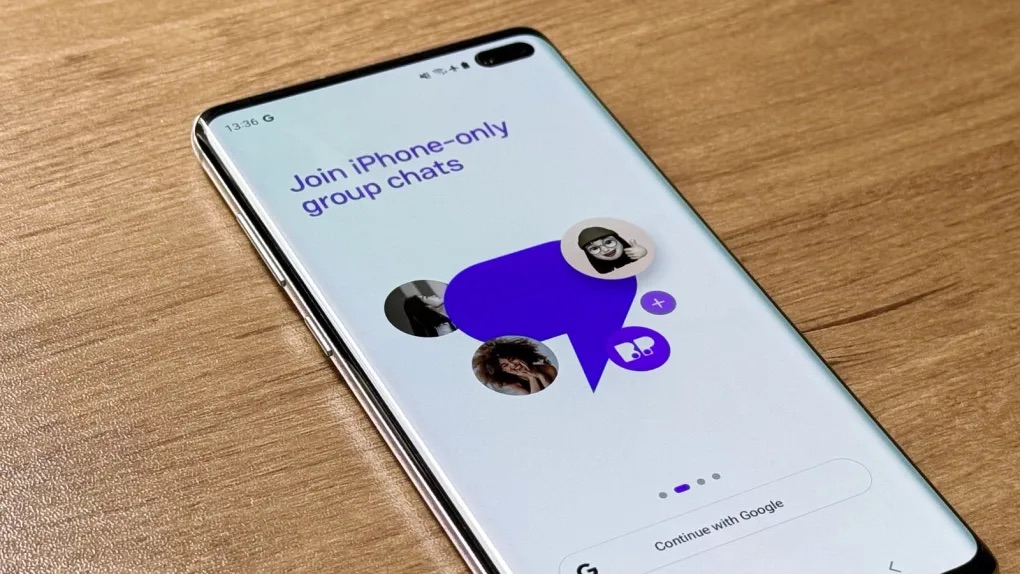In its press release, Apple emphasized its commitment to user security and privacy, explaining that the move was "necessary" to address the potential risks from Beeper Mini's features that interfere with iMessage, such as data leaks and vulnerability to attacks and phishing.
"We are taking action to protect users by blocking techniques that exploit forged credentials. These techniques, used to gain access to iMessage, pose significant risks to user security and privacy," the company's official statement read.

Beeper Mini allows Android users to join Apple's iMessage messaging service.
According to MacRumors , Beeper Mini works by intercepting the iMessage protocol, using Apple's push notification service to "convince" the server that the Android device running this software is actually an Apple device. Apple argues that this method constitutes "using forged credentials" and therefore poses a security risk to users of its device ecosystem.
Meanwhile, Beeper claims that its processing method does not affect encryption or privacy, and its documentation asserts that no one can read the message content except the sender/recipient. However, Apple could not prove this and concluded that there was a risk involved.
Immediately after Apple's announcement, Beeper CEO Eric Migicovsky expressed his willingness to cooperate with Apple to examine and assess the security issues in the Beeper Mini application's programming. He emphasized the importance of securing the communication channel between iPhones and Android users, and pointed out the shortcomings of unencrypted SMS messages across platforms. Despite Apple's stance, Eric stated that he would continue to seek solutions to help Beeper Mini and similar services continue to operate.
Source link




















































































































Comment (0)